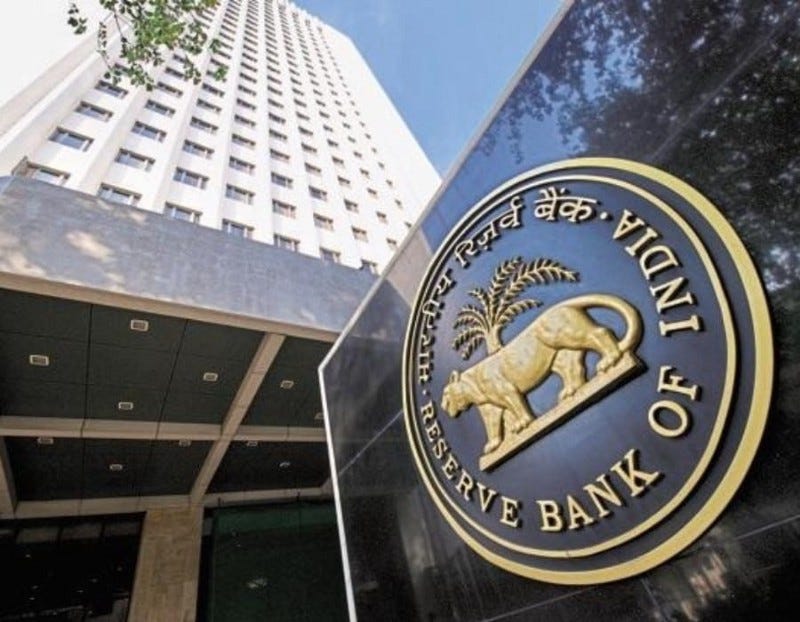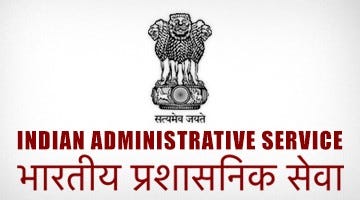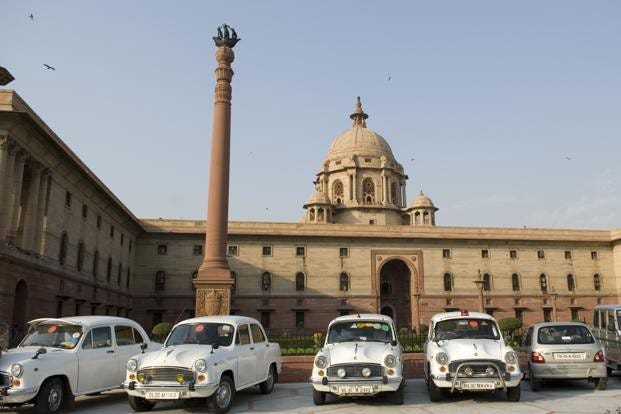IAS Officers as Reserve Bank Governors
Ten “good” reasons why IAS officers make better RBI Governors than technocrats or economists.
Ten “good” reasons why IAS officers make better RBI Governors than technocrats or economists.
When the Central Government appointed Shaktikanta Das, a former/ retired/ superannuated IAS officer, as the Governor of the RBI, the social media was abuzz with the incongruity of a History Major heading the autonomous apex banking regulator. Many wondered how a “generalist” could be considered worthy of manning such a super-specialist position. Mr Das, a Tamil Nadu cadre IAS officer of 1980 batch, had retired as the Union Finance Secretary in May 2017 and is neither the first nor perhaps would be the last IAS officer to have been so appointed. Maybe what created ripples was partly the fact that he came in succession to two high-profile economists of international repute, Raghuram Rajan and Urjit Patel, and partly because his immediate predecessor, an appointee of the current Government, resigned prematurely, without completing his stipulated three-year term.
In a scenario, where the generalist versus specialist controversy had been triggered by the Government of India’s (GOI) decision to induct officers at the level of the Joint Secretary to the GOI on contractual basis through “lateral entry”, this decision of the Government created more than the usual ripples. However, it is argued that an IAS officer, with requisite experience in the Finance Ministry and / or the State Finance Department would be an ideal RBI Governor, for the following reasons, right or wrong.
1. Bureaucrats are generally conservative and risk-averse and no country can afford a Central Bank Supremo who is entrepreneurial and exhibits “irrational exuberance.’.
2. A former IAS officer would know his way about the North Block (read Finance Ministry), literally as well as metaphorically.
3. His juniors would be occupying top positions as Secretaries of the four Departments under the Finance Ministry (Revenue, Expenditure, Financial Services and Economic Affairs), who would have no problem in “sir_ing” him. This working relationship would also extend to the RBI’s Central Board Meetings. He would have probably worked under the incumbent Finance Minister and would, in turn, have no problem in “sir_ing” the FM.
4. Having experienced the Government’s frustration with the RBI, he’d be better equipped to handle RBI’s frustration with the Government.
5. He would better appreciate that the term “autonomous” is not synonymous with “sovereign”. He would also know that it is the Finance Minister and not the RBI Chief who is accountable to the Parliament and it is the FM who’d be answering questions in the Lok Sabha as well as Rajya Sabha, even when these relate to the RBI. He would be able to handle the Parliamentary Committees with finesse, thanks to his previous hands-on experience, and accord them the importance they deserve.
6. He would better understand the “market borrowing” requirements of the Central Government as well as the State Governments (including the quantitative borrowing limits placed on them). He would be aware about the back-door borrowings from the banks tapped by the State Governments, through their Boards and Corporation, against their guarantees. He’d understand the political necessity of persisting with the Small Savings Schemes and PPF.
7. He would appreciate the trade-off between interest-rates and inflation, with due regard to growth targets and the fiscal deficit.
8. He’d understand the importance of Bank Credit, having interacted with District Level Bankers Committees and State Level Bankers Committees. He would also understand the importance of recovery effected by the District Administration on behalf of the Banks under the SARFESI Act.
9. He’d be expert in being politically correct, giving bites to the waiting TV crews and understand that often the form and packing is more important than the content.
10. An IAS officer would be seen as a neutral man by the bankers, markets, RBI and the Government, since he’d come with no ideological tab.
Your take? Which of these reasons you find convincing and cogent. Any other reasons that you’d like to include.
____________________________________________
K.B.S. Sidhu. The author is an IAS officer of 1984 batch of Punjab cadre. The views expressed are his own.
He can be reached on kbs.sidhu@gmail.com or @kbssidhu1961 or https://www.facebook.com/kbs.sidhu






